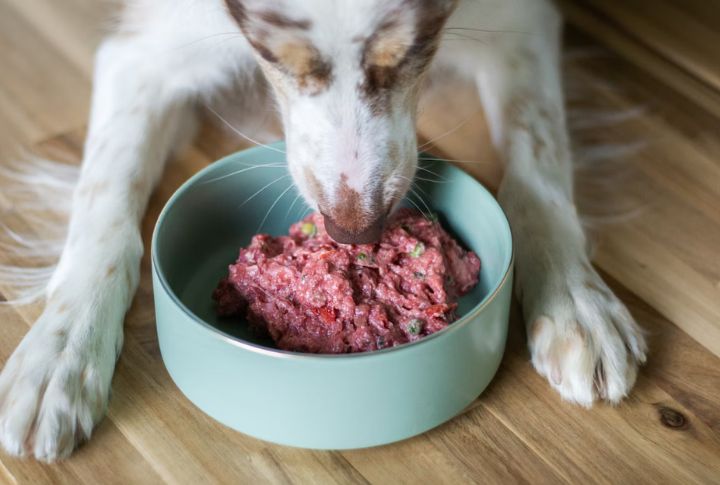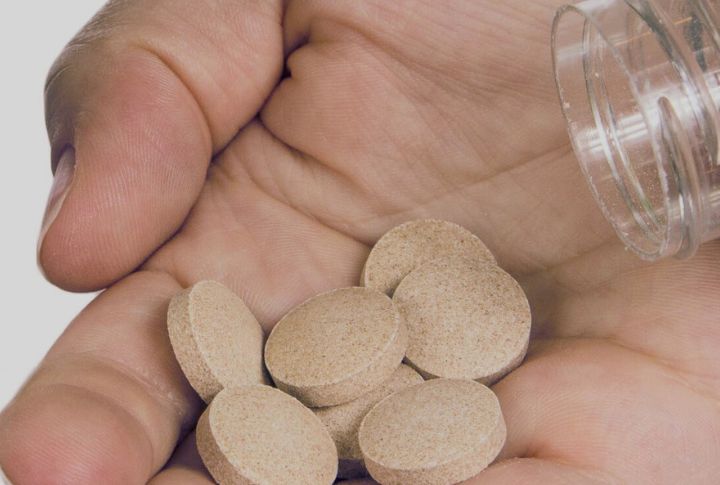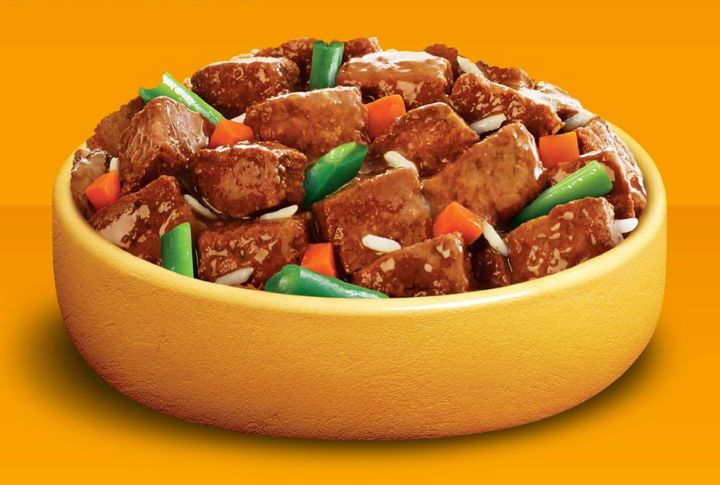10 Smart Tips For Healthier Dog Meals

What goes into your dog’s bowl shapes more than appetite—it affects energy, health, and behavior. Even minor improvements in daily meals can make a lasting difference. These tips provide practical ways to enhance nutrition, turning ordinary feeding into a healthy, happy ritual. Try them and see the difference.
Prioritize High-Quality Protein Sources

High-quality protein fuels more than just muscles—it supports heart health, immune strength, and overall vitality. According to the MSD Veterinary Manual, dogs require at least 18% protein as dry matter, and puppies need 22.5% for proper growth. Eggs top the chart for biological value, followed closely by meat-based sources.
Understand The Role Of Balanced Carbohydrates

Carbohydrates aren’t the villains they’re made out to be. Research in a PMC article confirms that well-balanced carbohydrates, such as sweet potatoes or oats, provide essential energy without harming taurine levels. The key lies in combining them with quality proteins to support absorption and stable blood chemistry.
Ensure Adequate Vitamins And Minerals

Dogs require a complete mix of vitamins and minerals to stay healthy, but homemade meals often fall short. Lacking iron, calcium, zinc, or B vitamins can impact bones and nerve function. Supplements or AAFCO-approved commercial diets help provide all essential nutrients.
Incorporate Fiber For Digestive Health

Fiber from pumpkin or peas helps dogs maintain healthy digestion and supports gut microbiota (PMC Journal). Too much fiber, however, can reduce nutrient absorption. The right balance promotes stable blood sugar levels and improves stool consistency, keeping your dog’s digestive system happy.
Tailor Nutrition To Life Stages

From energetic puppies to wise seniors, dogs’ dietary needs shift over time. Protein fuels early growth, and antioxidants and mild nutrients support aging dogs. Matching meals to life stage encourages healthy energy, strengthens immunity, and minimizes risks like excess weight or digestive stress.
Avoid Harmful Ingredients And Additives

Not everything in the pantry belongs in your pup’s bowl. According to PetMD and Purdue University, some foods like onions and chocolate are toxic, while artificial additives can trigger allergies. Even trendy grain-free diets require careful rationing to avoid dangerous amino acid and nutrient imbalances.
Include Healthy Fats For Energy And Skin Health

Fat provides dogs with vital energy, keeping them active while nourishing skin and coat health. Incorporating healthy fats such as omega-3 from fish oil can reduce inflammation and improve nutrient absorption, though too much may lead to weight gain in less active pets.
Adapt Diets For Special Health Conditions

Dogs with specific medical conditions need precise nutrition. For example, pets with kidney issues or weight concerns may require limited protein or high-fiber formulas (MSD Veterinary Manual, Tufts Veterinary Service). Active dogs, on the other hand, benefit from higher protein and fat to support energy and recovery.
Incorporate Water-Rich Or Wet Food For Hydration

Many dogs don’t drink enough water, particularly on a dry kibble diet. Wet foods, which contain 70–80% moisture, help maintain hydration, support kidney health, and reduce urinary problems (PetMD). Adding canned food also increases protein per calorie and makes meals more appealing for picky eaters.
Rotate Ingredients To Prevent Sensitivities

Dogs benefit from rotating their meals. Mixing proteins like chicken, lamb, or fish with a variety of grains and vegetables provides essential nutrients and also reduces the risk of intolerances. Slow transitions help maintain digestive comfort and make mealtime more appealing and engaging.





